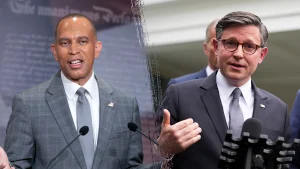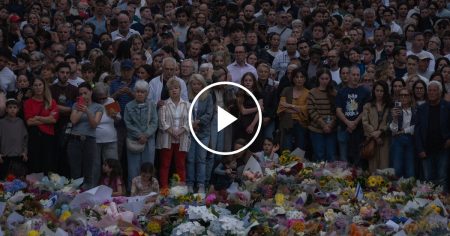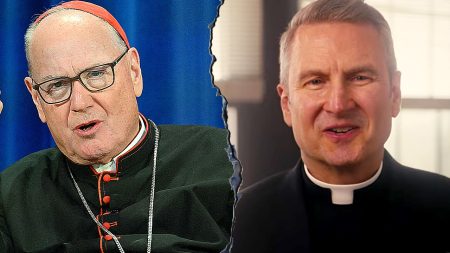Paragraph 1: Indiana University’s “Understanding Diversity in a Pluralistic Society” course has sparked controversy for its approach to teaching about social identity and power dynamics. The course, intended to enhance understanding of a diverse society, examines theories and models related to the experiences, needs, and beliefs of various minority groups in relation to the majority group. However, the course’s methodology, as revealed by student accounts and course materials, has raised concerns about labeling individuals as “oppressors” or “oppressed” based solely on their identity.
Paragraph 2: The controversy centers on an assignment requiring students to reflect on their “subordinate” and “dominant” identities. A chart provided to students categorizes various groups as either “dominant” or “subordinate,” with dominant groups being associated with “social oppression” of subordinate groups. The chart lists “Heterosexual, White, Able-bodied People, Christian, and Men” as dominant groups, implying inherent oppression based on these identities. Conversely, groups such as LGBTQ individuals, women, and religious and ethnic minorities are classified as “subordinate,” subject to this oppression. This categorization has been criticized for perpetuating stereotypes and potentially causing discomfort and distress among students.
Paragraph 3: Student testimony reveals the discomfort and perceived unfairness arising from this framework. One student, quoted in the Free Beacon, expressed feeling pressured to “make something up” to complete the assignment, highlighting the difficulty of reconciling their lived experience with the prescribed categories. The student further lamented being “punished” for their identity, asserting that the assignment, ironically, compelled them to suppress their true identity to fit into the “privileged, horrible human being” narrative. This sentiment underscores the potential for such assignments to create a chilling effect on open dialogue and genuine self-reflection.
Paragraph 4: The “Understanding Diversity in a Pluralistic Society” course is offered through Indiana University’s School of Social Work and fulfills credit requirements for the college’s “social and historical studies.” This positioning within the curriculum highlights the integration of these concepts into the broader educational framework. While the intention may be to expose students to critical theories on social power dynamics, the execution, as evidenced by student concerns, raises questions about the pedagogical effectiveness and potential for unintended negative consequences. The university’s response to these concerns, or lack thereof, will be critical in addressing the issues raised and potentially revising the course’s approach.
Paragraph 5: This incident at Indiana University reflects a broader trend in higher education, with increasing emphasis on exploring concepts of intersectionality, racial, gender, and sexual identity. Other universities, such as Princeton, offer similar courses examining these topics. Princeton’s Gender and Sexuality Studies program, for instance, includes courses addressing “sex work” and “queer spaces,” incorporating topics like “erotic dance” and “pornography.” While these topics are relevant to understanding societal complexities, the pedagogical approach and potential for bias within these courses are important considerations for ensuring balanced and nuanced discussions.
Paragraph 6: The controversy surrounding the Indiana University course underscores the ongoing debate surrounding how best to address complex social issues within educational settings. The desire to raise awareness about social injustices and promote a more equitable society is laudable. However, methods that potentially oversimplify complex power dynamics, stereotype individuals based on identity, and create a sense of guilt or shame may be counterproductive. Finding a balanced approach that encourages critical thinking, open dialogue, and nuanced understanding of social inequalities without resorting to reductive labeling remains a significant challenge for educators. It requires careful consideration of pedagogy, sensitivity to diverse student experiences, and a commitment to fostering an inclusive learning environment.












